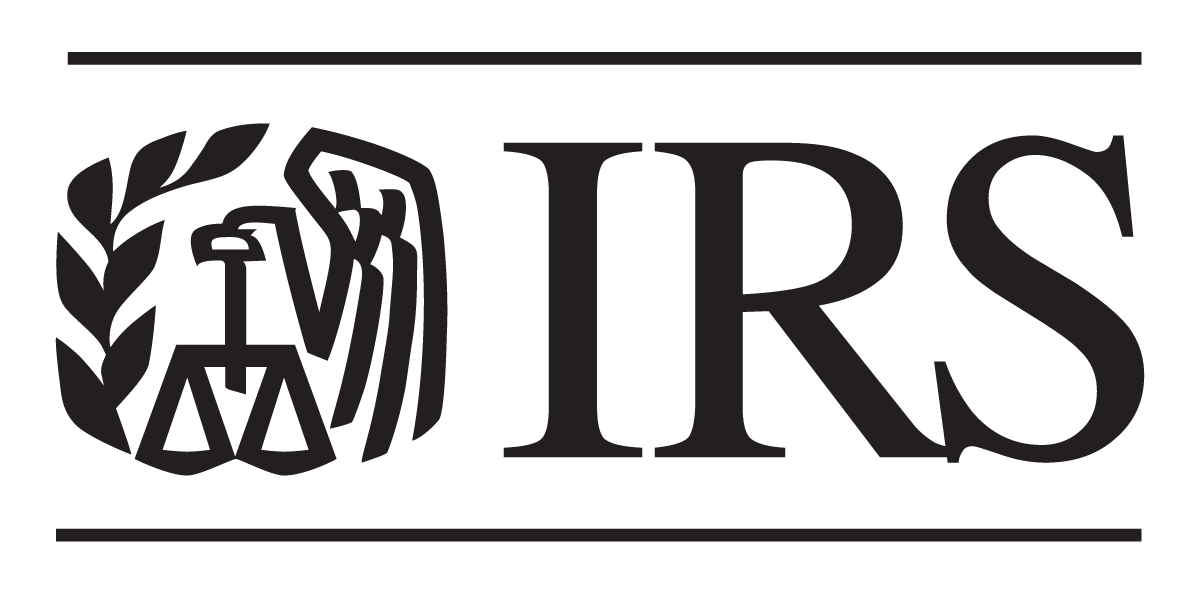The Treasury Department and the Internal Revenue Service recently announced the distribution of economic impact payments will begin within the next three weeks, and will be distributed automatically, with no action required by most people.
However, some seniors and others who typically do not file returns, will need to submit a simple tax return to receive the stimulus payment.
Who is eligible for the economic impact payment?
Any tax filers with an adjusted gross income of up to $75,000 for individuals and up to $150,000 for married couples filing joint returns will receive the full payment. For filers with income above those amounts, the payment amount is reduced by $5 for each $100 above the $75,000/$150,000 thresholds.
Single filers with income exceeding $99,000 and $198,000 for joint filers with no children are not eligible.
Eligible taxpayers, who filed tax returns for either 2019 or 2018, will automatically receive an economic impact payment of up to $1,200 for individuals or $2,400 for married couples. Parents also receive $500 for each qualifying child.
How will the IRS know where to send my payment?
The vast majority of people do not need to take any action, as the IRS will automatically calculate and y send the economic impact payment to those eligible.
For people who have already filed their 2019 tax returns, the IRS will use this information to calculate the payment amount. For those who have not yet filed their return for 2019, the IRS will use information from their 2018 tax filing to calculate the payment.
The economic impact payment will be deposited directly into the same banking account reflected on the return filed.
The IRS does not have my direct deposit information. What can I do?
In the coming weeks, the Treasury plans to develop a web-based portal for individuals to provide their banking information to the IRS online, so individuals can receive payments immediately, as opposed to waiting for checks to arrive in the mail.
I am not typically required to file a tax return. Can I still receive my payment?
People who typically do not file a tax return will need to file a simple tax return in order to receive an economic impact payment. Low-income taxpayers, senior citizens, Social Security recipients, some veterans and individuals with disabilities, who are otherwise not required to file a tax return, will not owe any taxes on this economic impact statement.
How can I file the tax return needed to receive my economic impact payment?
Within the coming days, IRS.gov/coronavirus will provide information instructing people, who do not normally file a tax return, on how to file a 2019 tax return with the simple, but necessary information including their filing status, number of dependents and direct deposit bank account information.
I have not filed my tax return for 2018 or 2019. Can I still receive an economic impact payment?
The IRS urges anyone with a tax filing obligation, who has not yet filed a tax return for 2018 or 2019, to file as soon as they can in order to receive an economic impact payment. Taxpayers should include direct deposit banking information on the return, as well.
I need to file a tax return. How long are the economic impact payments available?
For those concerned about visiting a tax professional or local community organization in person to get help with a tax return, these economic impact payments will be available throughout the rest of 2020.
For more information, tax filers are urged to visit IRS.gov/coronavirus for the latest information. You can also reach out to the tax experts at Zinner & Co.





